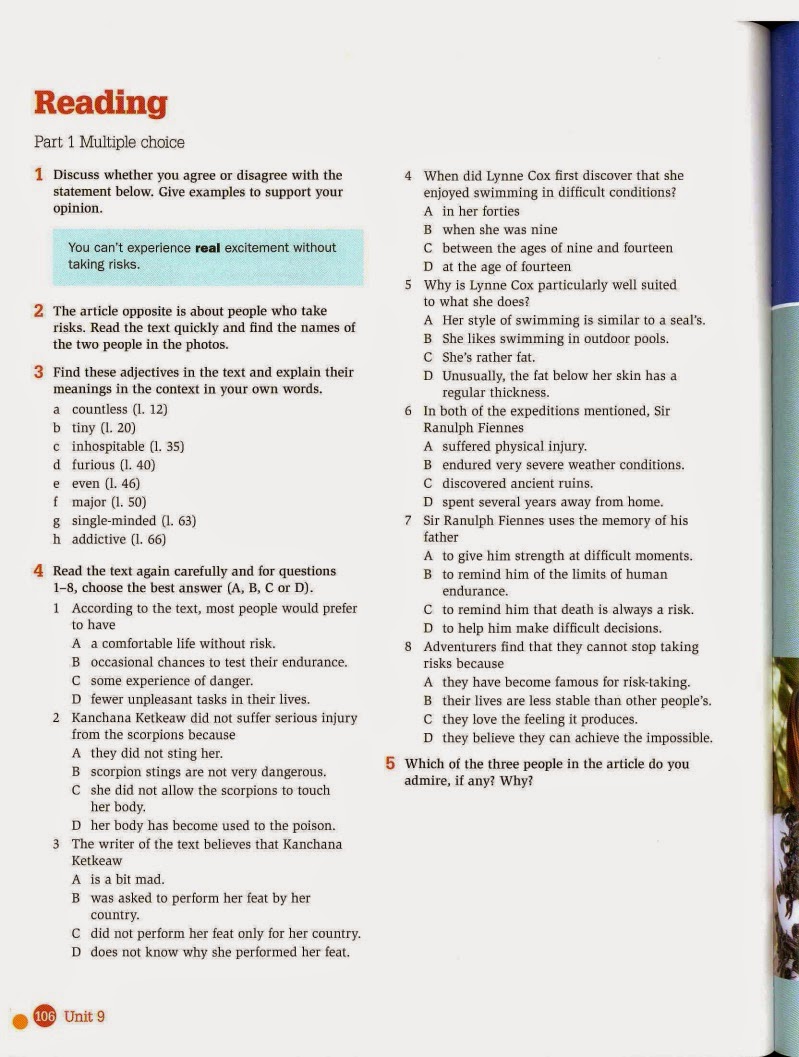Adventure 1
1. What do
the small people, the Lilliputans do to the giant Lemuel Gulliver?
2. The
Lilliputan soldiers first believe that Gulliver is a what?
3. How long
has Gulliver been gone from home?
4. Who do
the soldiers think has sent the giant?
5. How do
the Lilliputans transport Gulliver?
6. Evaluate
the emperor as a ruler. Whose advice does he rely on?
7. Why are
Bigenders the enemies of the Lilliputans? What is the origin of their feud?
8. For what
purposes do the Lilliputans learn “leaping and creeping”?
9. Compare
the Lilliputans’ form of government to Englands ’. Is it better or worse? How?
10. Who now
owns Lemuel and Mary’s fine house? Why?
11. Where
does Dr. Bates want to take Gulliver?
12. How
does Gulliver prove to be a hero to the Lilliputans?
13. After
Gulliver embarrasses the empress (by extinguishing the fire), how does the king
consider punishing him?
14. How
does Gulliver hide from the Lilliputan army while trying to escape?
15. How
does Gulliver make a raft?
16. Where
does Dr. Bates take Gulliver? How does he convince him to go?
Adventure 2
1. What is
unusual about the land of the Brobdingnags?
2. Who
finds Gulliver?
3. How does
the family try to make money off of Gulliver?
4. Who
purchases Gulliver, and how much does he sell for?
5. Who
accompanies Gulliver after he is sold?
6. What
position does the queen give to Gulliver?
7. How is
he transported while he is at the palace?
8. What do
you notice about the ruler of the Brobdingnags?
9. How do
the Brobdingnags govern themselves?
10. Is this
method of government better or worse than England ’s, or not comparable?
11. What do
you notice about the place of science and education in the land of the
Brobdingnags?
12. Why is
the queen’s dwarf mean to Gulliver?
13. Where
does Gulliver live while at the palace?
14. How old
is Glumdalclitch, and how would you describe her relationship with Gulliver?
15. Why
does Gulliver introduce gunpowder to the Brobdingnags, and how is this
demonstration received?
16. What
does Tom find in his father’s knapsack back home?
17. How
does Gulliver defend himself against the wasps?
18. What
happens to Gulliver one day while he is at the beach with Glum?
19. When
the bird drops Gulliver, where do he and the box land?
Adventure 3
1. What is unusual
about Laputa?
2. How does
Gulliver get transported to Laputa?
3. How big
is the floating island? How many people live on it?
4. What
nationality do these people remind you of? Why might Swift include these people
in a book?
5. What
seems to characterize the people of Laputa?
6. Who is
Prince Munodi?
7. What
does Dr. Bates do with Mary’s letter?
8. What is
a “flapper”? What is its use?
9. What is
the Rajah predicting will happen?
19. How is
the island controlled (in scientific terms)?
20. What is
the problem with the way the island navigates?
21. What is
Tom Gulliver drawing?
22. Why
does Gulliver want to “reverse the lodestone”?
23. Where
does Gulliver fall?
24. How
does Munodi’s mother view intellectualism?
25. Why
does Gulliver want to find the “Academy”? What type of place is it?
26. What
might the “Academy” represent in real-life societies?
At this point,
Gulliver travels around the land of Luggnagg . These places represent
societies intrigued with the Period of Enlightenment: Love of intellectual and
scientific attitudes and practices.
1. Why is
the old man mashing cucumbers?
2. Who does
Gulliver meet in the Room of Answers? Why is this appropriate?
3. Back in
England , where is Gulliver placed?
4. Gulliver
ends up being a prisoner at the palace of the Glubbubdribs. It’s like a scene
out of the movie Groundhog Day. Why?
5. When
Gulliver is drugged and sleeping at night, what does the king do to him?
6. Who does
Gulliver end up summoning through a mirror? Why?
7. In the
land of the Struldbrugs, a lady speaks to Gulliver from a golden eye. What is
unusual about the Struldbrugs?
8. What is
wrong with the people near the waters of immortality?
9. Back in
England , how is Dr. Bates caught in a lie?
10. Does
Gulliver drink from the waters of immortality? Why or why not?
11. While
Mary is trying to get Gulliver off his addiction to laudanum, what ship
experience does he tell her about?
12. How
does he leave the ship?
Adventure 4: The Houyhnhms (pronounced “ how
WIN ems”) and the Yahoos
1.
Gulliver, back in England , is taken to a court hearing. What does he call the
people there?
2. Describe
the real Yahoos. What do you think they represent?
3. Describe
the Houyhnhms. What do you think they represent?
4. Who is
“Mistress”?
5. What do
the Yahoos dig on the beaches for?
6. What
does Gulliver find by digging on the beaches? What does he do with his
findings?
7. What
does the Houyhnhm Council decide about Gulliver?
8. How does
he plan to leave the Houyhnhms?
9. Why does
Gulliver throw his food overboard?
10. Who
rescues him?
11. How
does Mary answer when Dr. Bates asks her if Mary believes Gulliver’s stories?
12. Why
does Tom appear at the court hearing?
13. What
does Tom’s evidence prove?
14. Lem,
Mary, and Tom return home. How does life continue for the Gullivers?
15. Why
does Lem like to visit the stables at his home?
16. Does he
find peace? What can Gulliver still not tolerate by the end of the story?












